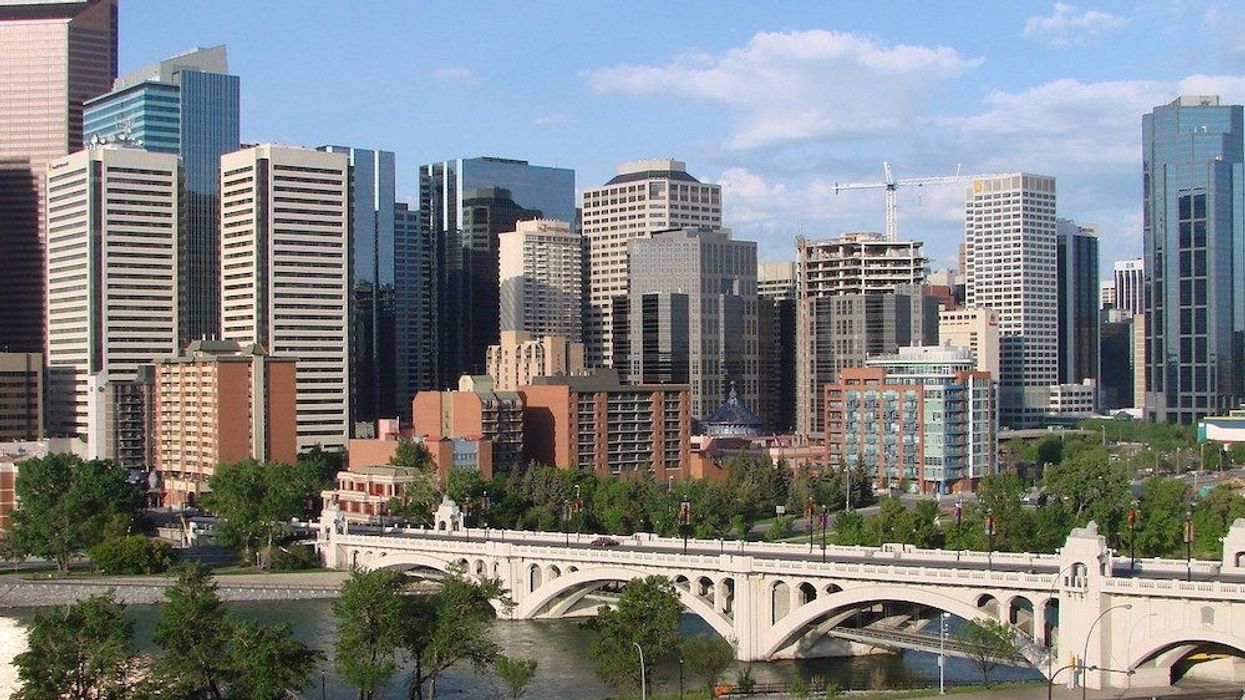Calgary homeowners will be facing higher property taxes in 2022 after city council passed a nearly 4% tax hike to help fund downtown revitalization, climate action, and the fire department.
Council approved the municipal property tax rate increase of 3.87% on Wednesday for a homeowner that has a single-detached home with a median market value, as part of amendments made to the city's 2022 Budget, which passed on an 11-4 vote.
The property tax increase works out to be around $6.20 per month for the typical residential home or an additional $74.40 per year.
This comes as council also boosted funding for climate change and affordable housing, added more peace officers for Calgary Transit, and expanded funding for snow and ice control in the city, and further investment in downtown, arts and culture, public safety, roads, and climate action.
Read: Canadians are Purchasing Homes in High-Risk Climate Zones… Without Knowing It
"As a council, we passed a budget that provides a path forward building on Calgary’s strengths while addressing challenges from the compounding crises we have faced as a city in recent years,” said Mayor Jyoti Gondek.
“The investments we are making will pay real dividends on our road to recovery. Calgarians deserve a return on their investment in their city, and today, we have delivered on that.”
Among the spends were $3 million to go toward Calgary's climate plan, which will include hiring 18 new staff to implement the city’s climate mitigation and adaptation plans, and additional money to exchange more than 75 city vehicles for electric models. This move comes just weeks after Calgary's declaration of climate emergency.
Council also approved increasing funding for affordable housing, with $10 million being freed to match federal housing dollars for the construction of 125 new homes.
There will also be freezes or decreases to specific user fees in 2022, including freezes to blue, black, and green cart rates, and reductions to building safety and development approval base fees.
“Demand for our services remains high, our population is growing, and inflation is rising,” said Carla Male, Chief Financial Officer. “We continue to manage these factors while working hard to support citizens and businesses in a fiscally sustainable manner.”
The City said specific tax rate impacts will vary by property type depending on the assessed value of a home or business, as well as next year’s provincial tax rate, which will be finalized in the first half of 2022.
As parts of Canada continue to feel the brunt of global warming, it will be interesting to see if other cities follow in Calgary's footsteps and tax climate change through municipal property taxes.





















